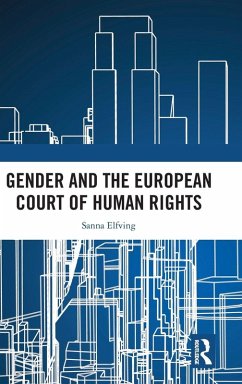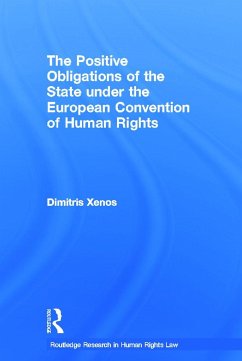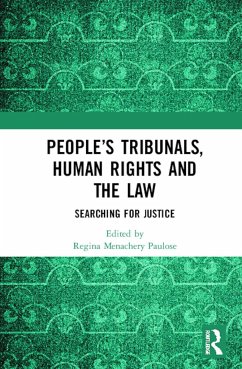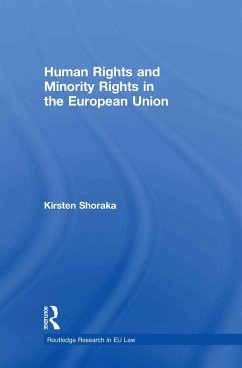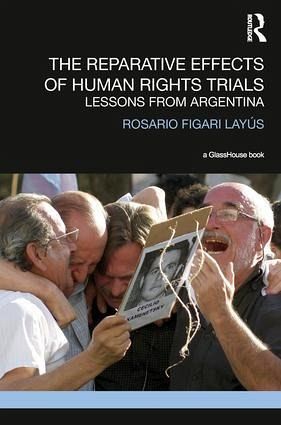
The Reparative Effects of Human Rights Trials
Lessons From Argentina
Versandkostenfrei!
Versandfertig in 1-2 Wochen
180,99 €
inkl. MwSt.
Weitere Ausgaben:

PAYBACK Punkte
90 °P sammeln!
Analysing the human rights trials in Argentina established to prosecute those responsible for human rights violations during the military dictatorship, this book addresses how and why domestic prosecutions can contribute to repairing the damage caused by mass atrocities.











